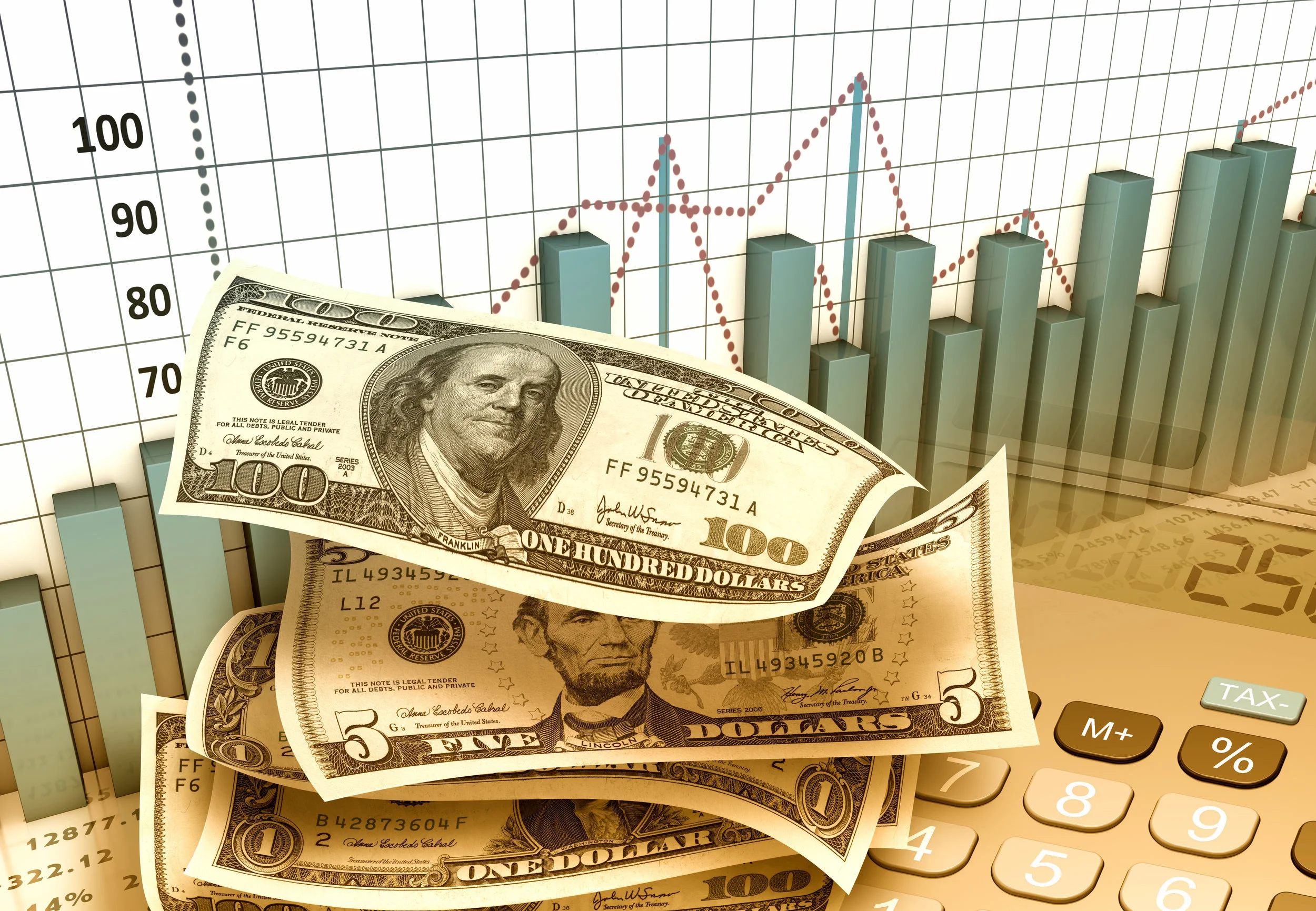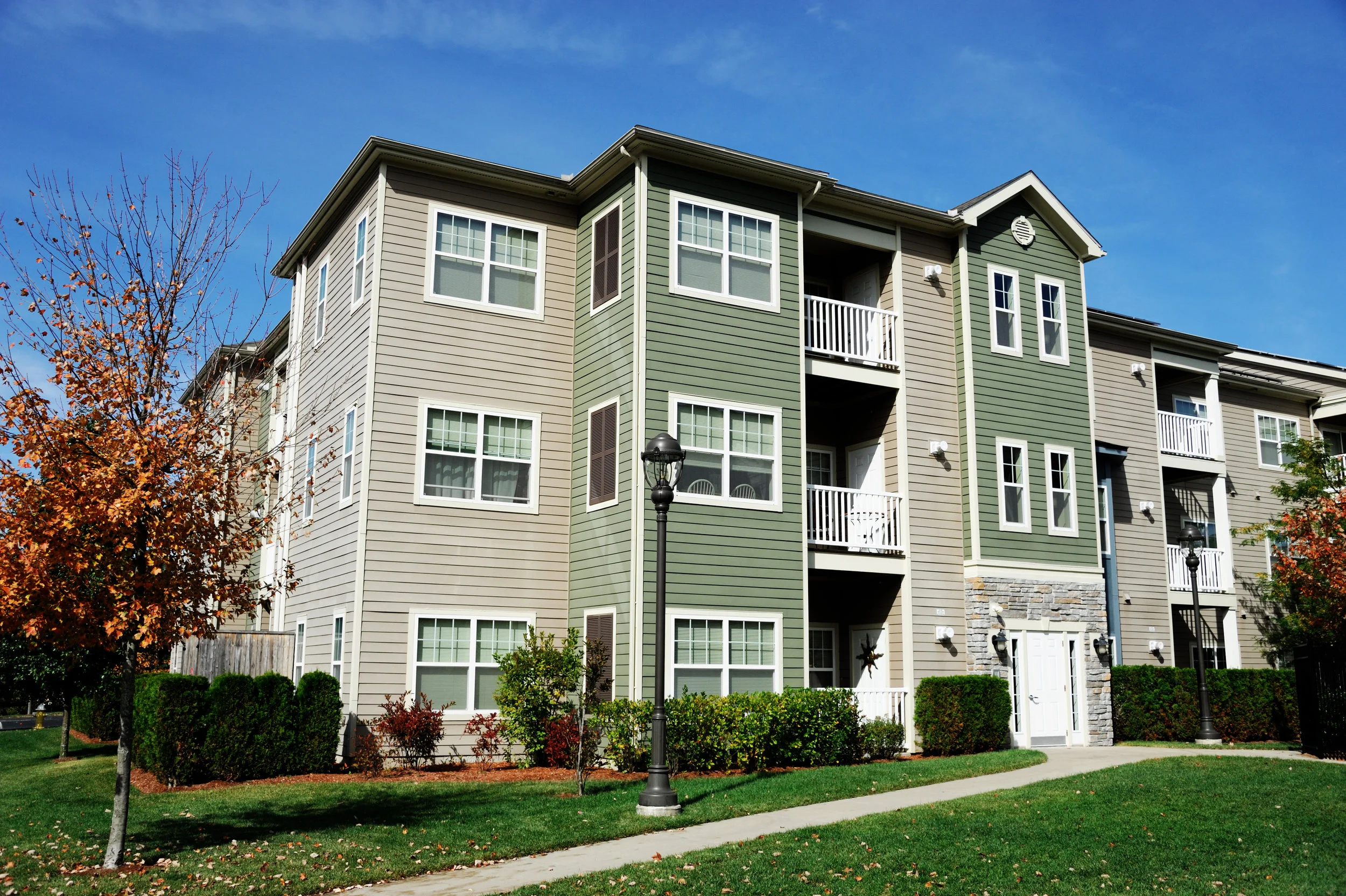This post may contain affiliate links. If you purchase products or services linked from this page, Summit of Coin may receive a small commission at no extra cost to you.
A couple of months ago, I was talking with one of my relatives about retirement. During this discussion the topic of a pension came up and our conversation sounded something like this:
Me - "I hate my pension, because I have to put in 7.7% of my income into my pension."
My Relative - "At least you have a pension. I wish I had a pension."
The conversation didn't go much farther, but this conversation made me wonder. Do people really still believe in pensions? I feel like throwing my money in a pension is a waste and I wish I could choose to deny those contributions.
Oddly enough, a couple weeks later, my wife asked me a question about pensions. A co-worker at her hospital told her, "I feel bad for you younger nurses. You aren't eligible for a pension." My wife was interested to know know more about the difference between a pension and her 401k. This led to a great discussion and gave me a great idea for another post!
Now, I don't know a lot about the pension that my wife's hospital offered before they phased them out and began offering a 401k, however, I can generally say that there are a couple of negatives with a pension. The biggest two reasons would be the lack of growth and lack of control that you have over your pension.
Oppositely, I have a lot of information on my own personal pension and I can dig into the specifics of the pension offered by the Teacher Retirement System of Texas. To write this article, I dug into my financial records and found my TRS documents that have been mailed to me each August. I only have records from 2014 to present, but there is a lot that can be seen from the data.
In the above table, the data is from my own personal pension with TRS. As you can see, our contribution amount has continued to increase since 2014, while the interest earned is less than 2014. This is due to the fact that TRS has decreased the interest earned amount from 5% in 2014 to 2% in every year after 2014. This was notified to all educators in Texas on the August 31, 2014 TRS statement. It stated the following:
"Five percent interest credited on average balance. Interest will change from five percent to two percent annually for interest that accrues on or after September 1, 2014."
I'm not sure every educator in the state of Texas understands this change, however, this means that each one of my invested dollars in the TRS earns less than the average inflation rate of 3.22% in America. By contrast, I could have invested that money in a simple S&P 500 index fund and I would have $8,000 more in my retirement account today. Just look at the example below:
For the above calculations, I assumed that the same yearly deposits were made in the account and I calculated the amount earned on just the beginning balance of each year (TRS calculates based on the average account balance over the course of the year).
I used the earnings of the S&P 500 for each year to calculate the interest earned. Despite earning less than 2% in 2015, the investor comes out with more money than someone like me that is required to dump their money in a pension.
SO - - - What's the Great Pension Myth?
Generally, it's a false sense of security that a pension provides. Back in the 20s and 30s, there was nothing else for our great grandparents and grandparents. They would work 30 or 40 years and were rewarded with a pension from their employer in retirement. Today, the pensions are underfunded, grow at a snail's pace and don't let the employee control their own money.
Pensions Underfunded
Pensions aren't as stable as one would hope. There have been reports of lack of funding left in city and state pensions across the U.S. From Dallas, Texas to the state of Illinois, pensions are underfunded today and the math does not look good for the future of those pensions.
In terms of the TRS, I remember when the vote happened to decrease the interest rate on funds in the pension fund. I specifically remember one of my colleagues complaining about the fact that our earnings in TRS would decrease due to the vote.
As a teacher, sure it stinks that the government chose to decrease the amount of interest we make, however, this was done in anticipation of an underfunded pension in the future. Thankfully, the state of Texas took a proactive measure to ensure that the TRS will have cash to payout to its retirees (unlike Illinois).
Lack of Growth
Two years ago, I was sitting through a school board meeting for my district and the financial advisor came up to give a review of the financial statements. An interesting statement was made by the financial advisor for the district. This is a summary of his statement, because I'm typing this from memory.
His summary went something like this:
For our school district, we are not investing our money, however, we are investing taxpayer money. Therefore, any of our emergency money is invested in safe investments. These investments don't grow very much, but we don't want to lose all the taxpayer money by investing in taxpayer money.
In essence, a pension is required to do the same thing. They can't afford to have any big losses in a given year, therefore they invest in 'so-called' safe investments that earn nothing. This means that somebody investing in a pension would be better off to have the money to invest on their own, because you can take risks, especially when you are investing for the long haul.
My example above showed the lack of growth associated with a pension. Financially, I understand the mindset of a pension or a school district, but it is frustrating that I have to dump 7.7% of my income in a relatively wasteful investment.
No Control
This one is pretty simple. There is somebody else managing the money that you put into the pension. This money will never grow as much as the money that you would use to invest on your own (shown in my above example).
Unlike our grandparents, we can't rely on pensions (including Social Security) to be fully funded when it comes time for retirement. Therefore, we must find ways to take control of our retirement. Today, most companies have gotten rid of pensions, and focus their efforts on offering a 401k plan to their employees.
Don't ever rely on a pension from your state or federal government. The math does not look good for the future of these plans. Therefore, you MUST invest in a retirement plan for yourself and plan to fund your retirement without the help of a pension. You can then take the pension or social security payments as extra income instead of something you rely on.
REACHING THE FINANCIAL SUMMIT, STARTS WITH YOU!
Despite my anger towards paying 7.7% into my pension each paycheck, I would much rather have my money invested in the TRS as opposed to social security. The TRS is better managed than social security (Since I pay into my pension, I am not required to pay into Social Security).












